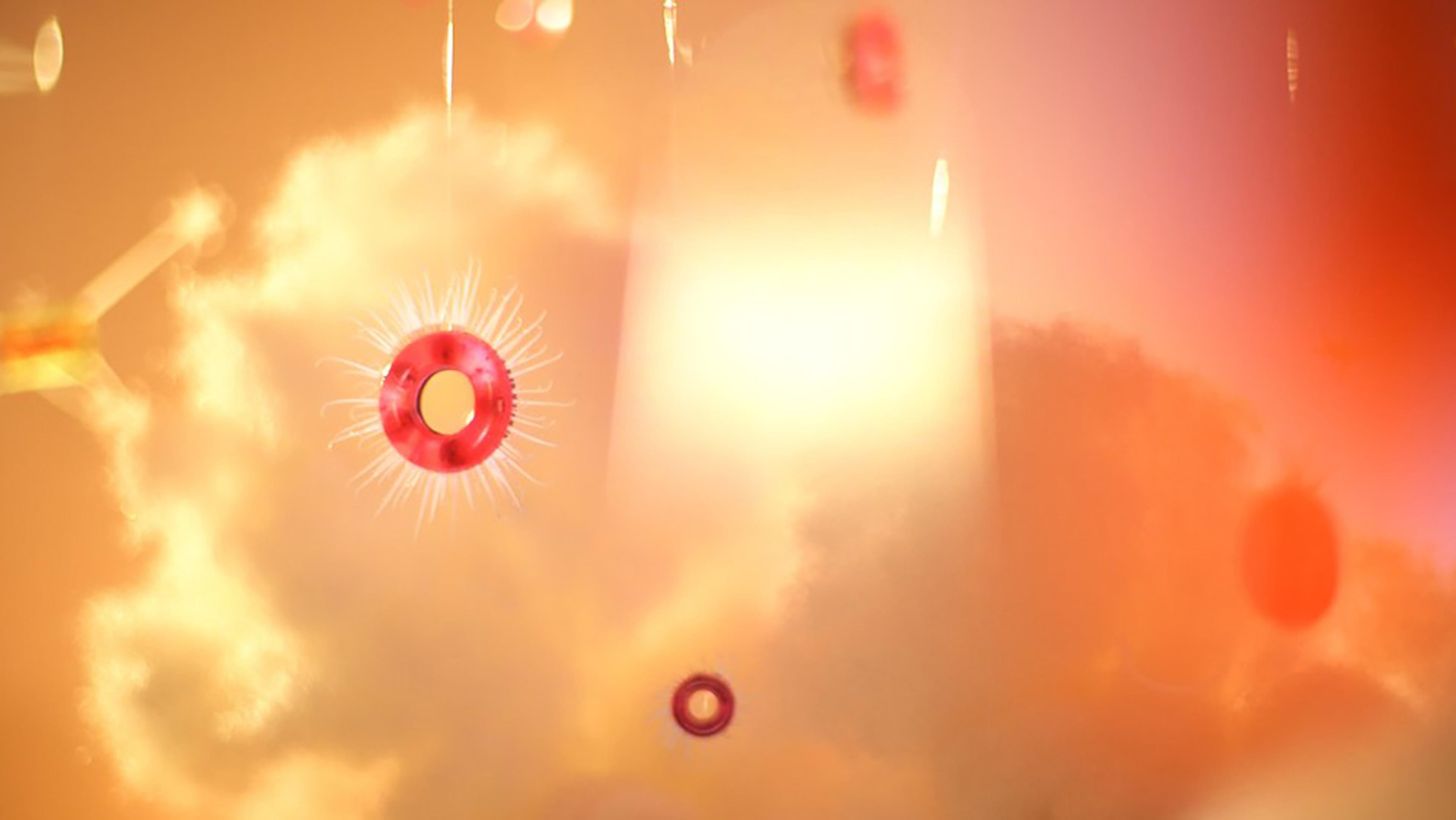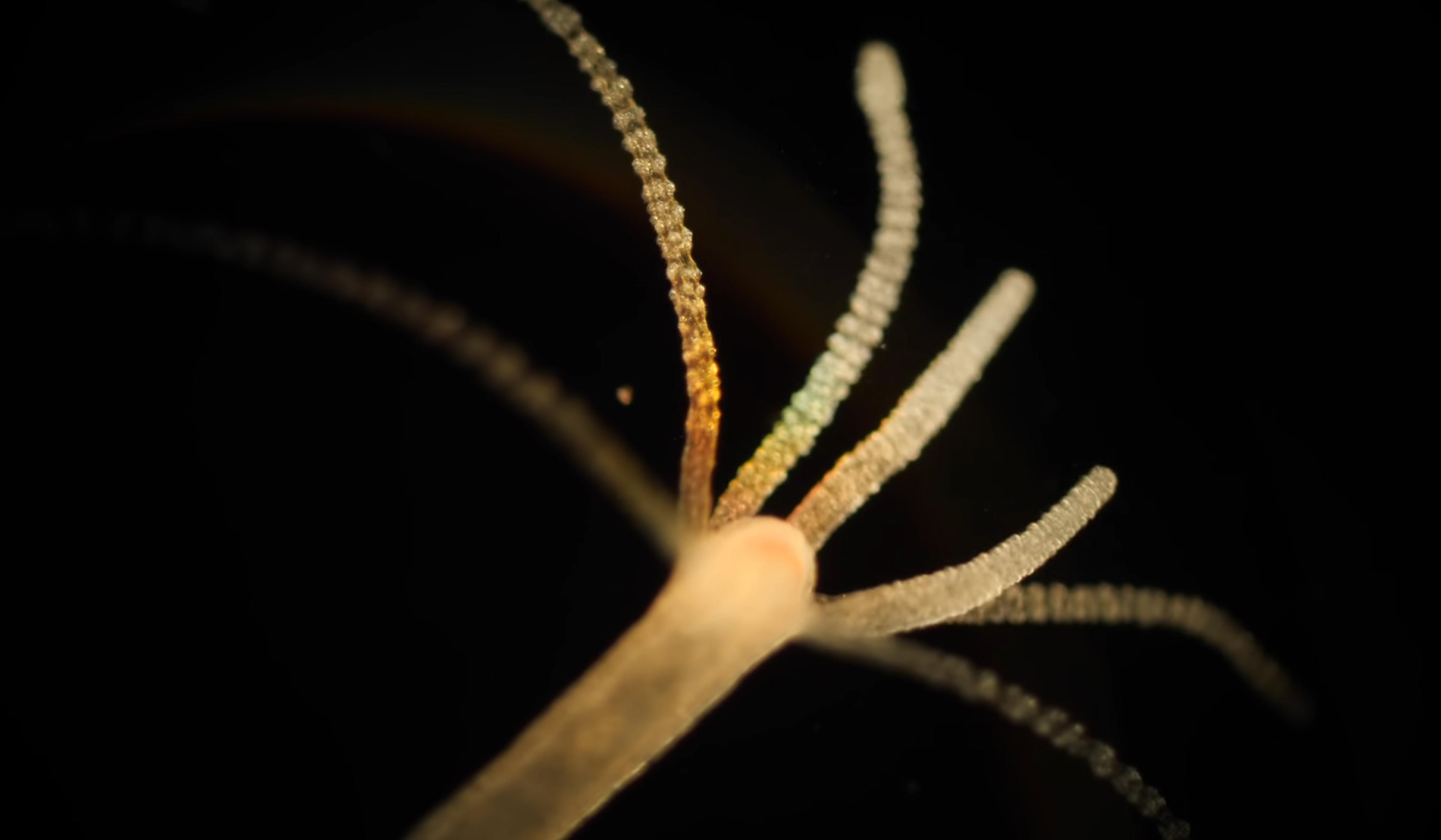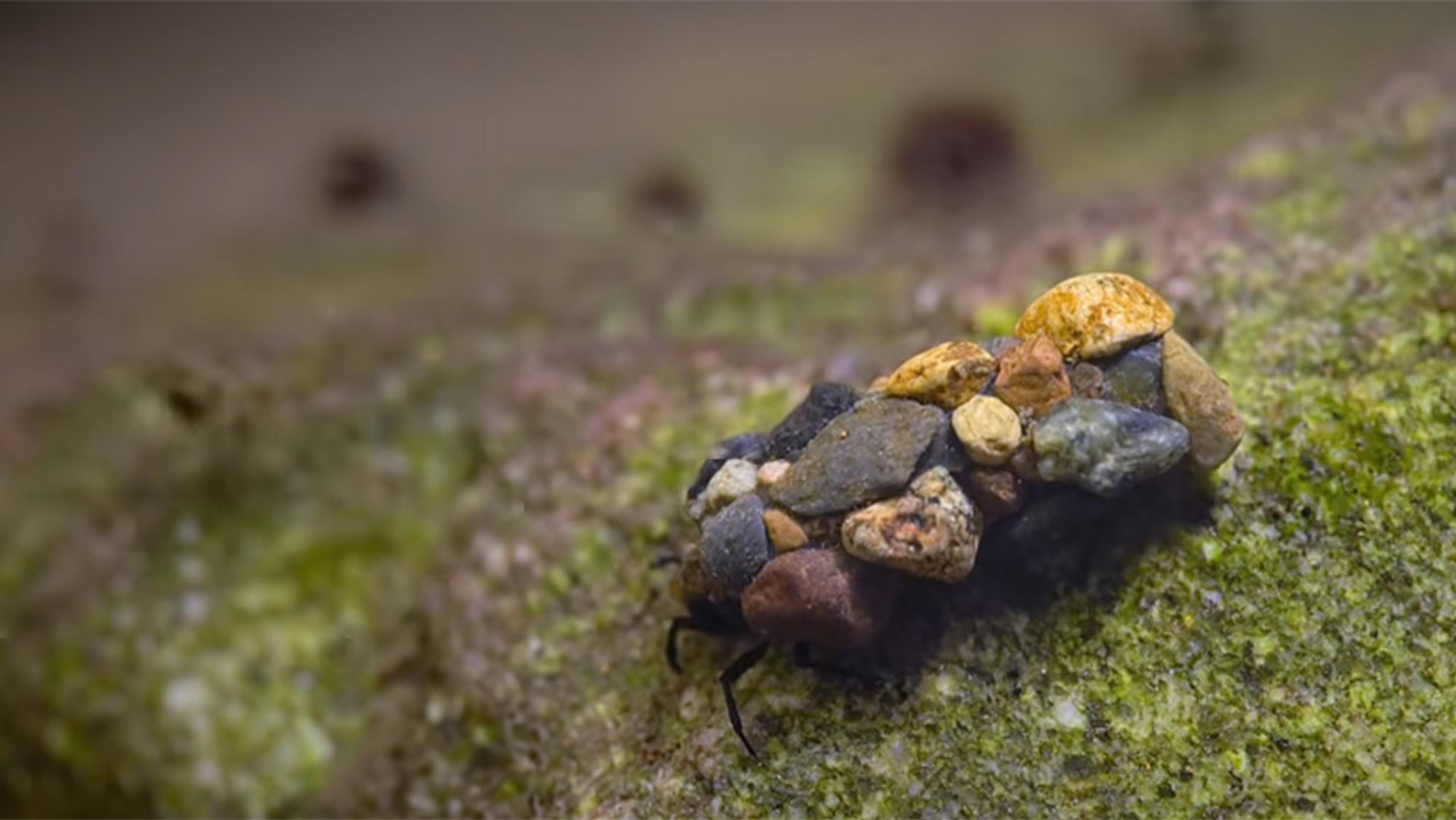Scientists are becoming increasingly determined to find viable, sustainable ways to locate, save and recycle water. One search has led scientists to Tortula ruralis, a moss group capable of surviving as long as 100 years without water. During dry periods, these mosses stop photosynthesising and write a set of genetic instructions so they can spring back to life as soon as a water source returns. Similarly resilient are the microscopic creatures known as rotifers that live inside the moss. Scientists hope they might be able to borrow from the rotifers’ genetic code to engineer crops that could repair themselves after a dry spell.
Will life-forms that can go a century without water save crops from droughts?
Producer: Gabriela Quirós
Website: Deep Look

videoBiology
An ode to the humble rotifer – one of nature’s simplest and strangest creatures
9 minutes

videoDeep time
When algae met fungi – the hidden story of life’s most successful partnership
4 minutes

videoBiology
The idea that life on Earth originated elsewhere is not as far out as it seems
6 minutes

videoBiology
How airborne microbes ride clouds, hop continents and even make it rain
5 minutes

videoBiology
Blend up a hydra, and its cells will coalesce back into a full creature. How?
5 minutes

videoEcology and environmental sciences
The tree frog die-off that sparked a global mystery – and revealed a dark truth
15 minutes

videoEcology and environmental sciences
Watch as wanderlust propels mussels on epic journeys worthy of a Pixar movie
5 minutes

videoEvolution
When life is but a stream, insects need something extra-sticky to survive
4 minutes

videoBiology
Cape sundews move, react and attack in a way that seems more animal than plant
4 minutes